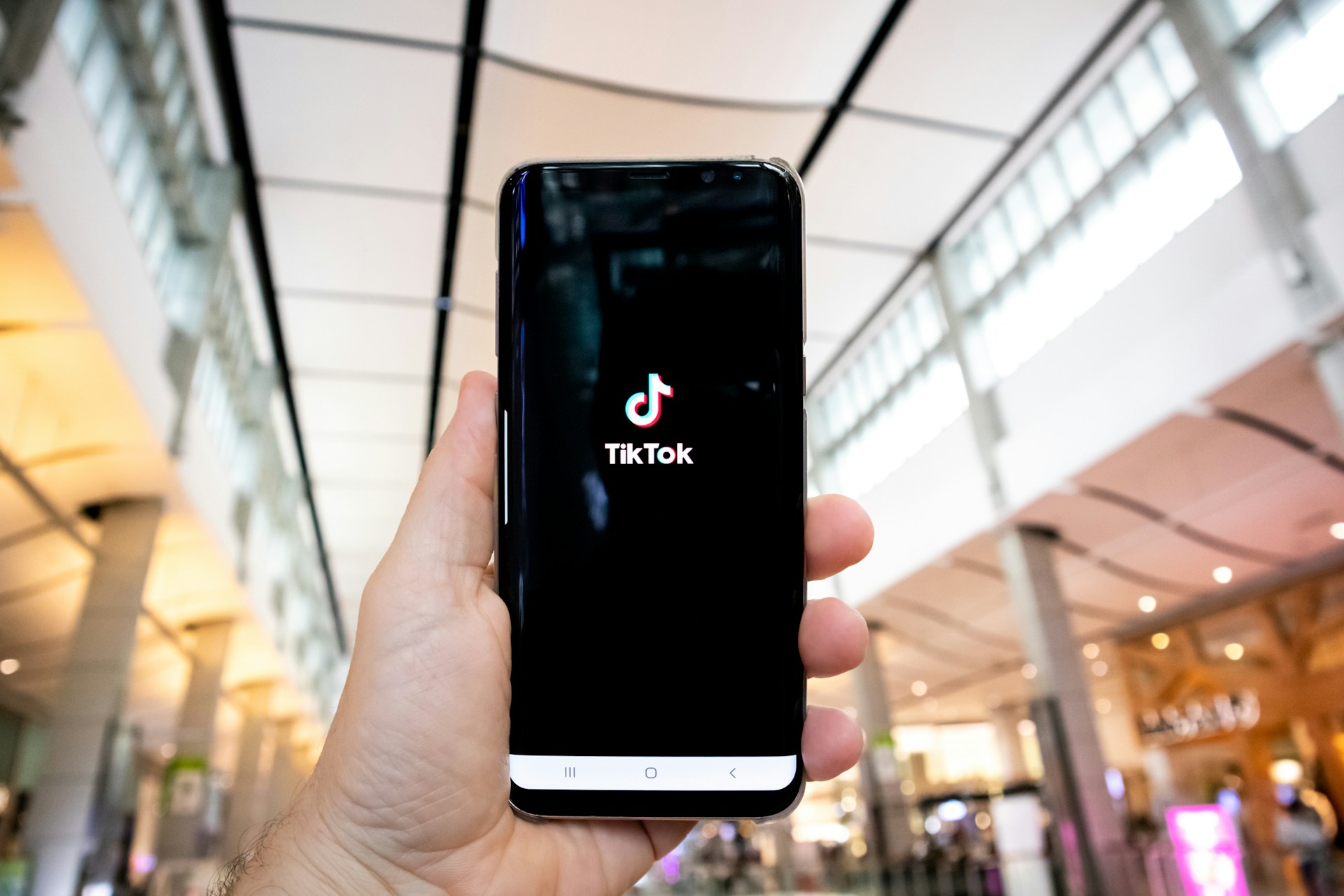Thinking of getting into trailer music?
Below is an interview with Lava Hong, a music supervisor at Trailer Park Group, one of Hollywood’s largest trailer music companies.
She explains how music gets placed in movie and TV trailers and how artists can position themselves for placements.
🟠 Key Takeaways
- Trailer houses craft teasers for films and TV. Studios hire trailer houses early in the editing process, and music plays a major role in setting the tone—even before final visuals are locked.
- Trailer music is often chosen before a movie’s full soundtrack is completed, meaning it needs to capture the film’s essence in a standalone way.
- Trailer music follows a unique structure. It builds dramatically in three acts, with heavy percussion, orchestration, and custom sound design to match visuals and the project’s style.
- This structure helps maintain audience engagement, with each section escalating tension before a dramatic climax.
- Turnarounds are extremely fast. Music supervisors often need tracks within hours, so having pre-made, polished music increases placement chances.
- Having well-organized metadata—including BPM, moods, keywords, and alternative versions—can make a track easier to find and pitch for last-minute trailer briefs.
- Successful trailer music constantly evolves. Unlike pop songs, trailer tracks should avoid repetition, build tension, and offer multiple versions for flexibility.
- A well-structured track should avoid looping hooks and instead introduce new layers and intensity throughout.
- Music should be easy to clear. One-stop tracks (where a single party controls both the master and publishing rights) or pre-cleared music can make a song more attractive for trailer placements.
- Supervisors often avoid tracks with multiple rights holders, as negotiating clearances can delay tight deadlines. A "one-stop" track with no third-party samples simplifies the licensing process.
Discover events, studios, and advice from local artists. Join 2,000 monthly readers.
🟢 What is a trailer house?
Trailer houses help studios produce teasers and trailers for upcoming TV shows and films. Since they often start working before a project is complete, music plays a critical role in shaping the audience’s first impression.
Music supervisors collaborate with editors, producers, and marketing teams to select or commission tracks that align with the project’s vision.
This process often involves testing multiple options before locking in a final selection.
Producers, editors, executives, and music supervisors work together to define a mood.
Tracks that contain uncleared samples, complex rights splits, or multiple publishers can slow down the approval process. That’s why sample-free, one-stop music is often preferred—it ensures the track is immediately available for use without legal complications.

🔵 Trailer Music vs. Regular Music
Trailer music isn’t like the music you hear on Spotify or the radio.
Unlike standard commercial songs, trailer music follows a three-act structure designed to build tension and drive emotional engagement throughout.
It tells a story.
Here’s what sets trailer music apart:
- Cinematic build-ups: It starts soft, intensifies, and explodes into a grand finale.
- Heavy percussion & orchestration: Trailer tracks rely on intense drums, orchestral elements, and dramatic rises.
- Hybrid production: Modern trailers mix traditional orchestration with hip-hop, EDM, or industrial sounds for a contemporary edge.
- Custom sound design: Editors look for elements like risers and slams that sync with visual cues.
Many editors select the music first and then cut the visuals to match rather than vice versa. This underscores the importance of music inspiring the edit and why certain tracks get placed.
Tracks tagged with clear metadata (e.g., tempo, mood, keywords like "epic build," "riser," "dark tension") make it easier for supervisors to find them quickly when searching for the right music.
🔴 Trailer Music Deadlines
If you’ve ever received a sync licensing brief, you know how fast turnarounds can be. But trailer music operates at an even faster pace.
- Typical turnaround for a brief? Sometimes, just three hours.
- Why so fast? Trailers go through multiple versions, and music often needs adjusting to fit evolving creative directions.
- How do composers keep up? Many trailer composers pre-write tracks that align with industry trends, ensuring they have ready-made music when an opportunity arises.
Tracks that are one-stop and sample-free can get approved much faster, making them more appealing for time-sensitive projects.
📝 Case Study: "Stranger Things" Season 4 Trailer
A strong example of effective trailer music is the Stranger Things Season 4 trailer, which features a cinematic remix of Journey’s "Separate Ways (Worlds Apart)."
Adapting existing music with a cinematic remix, alternative arrangement, or unique production elements can increase a track’s placement potential. (Trailer Park Group – Stranger Things S4)
This approach highlights how reimagining a familiar song can enhance audience connection while still fitting the trailer format.
🟣 Tips for Trailer Music Placements
For artists interested in breaking into the trailer world, here are some key takeaways:
- Think in Acts – Your song should have a clear beginning, middle, and explosive ending.
- Avoid repetition – Unlike pop music, which thrives on repeated hooks, trailer music should constantly evolve.
- Experiment with dynamics – Build tension, introduce new layers, and end with a climactic moment.
- Create multiple versions – A full mix, instrumental, underscore, and cut-down versions increase your chances of placement.
- Study successful placements – Mute the audio on a trailer and compose music that fits the pacing.
🟡 Does social media following matter?
A big question in the sync world is whether an artist’s following matters regarding placements.
The answer? It depends.
- Big-budget projects prefer well-known artists because recognizable songs create instant nostalgia and emotional impact.
- Indie projects or films with lower budgets prioritize the right sound over artist's popularity.
- Custom compositions are increasingly in demand, allowing producers to create exclusive versions of popular songs.
Ultimately, placements are determined by how well a track enhances the trailer’s emotional and narrative impact—not by an artist’s fan count.
🧠 Final Thoughts
Trailer music plays a big role in how audiences experience a film before its release.
Tracks must be emotionally engaging, easy to license, and adaptable to the needs of trailer editors.
📖 Keep Reading





